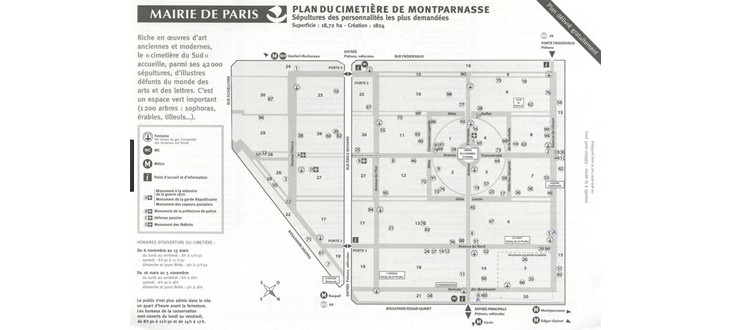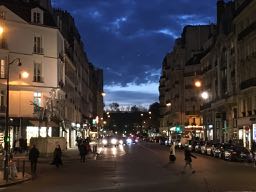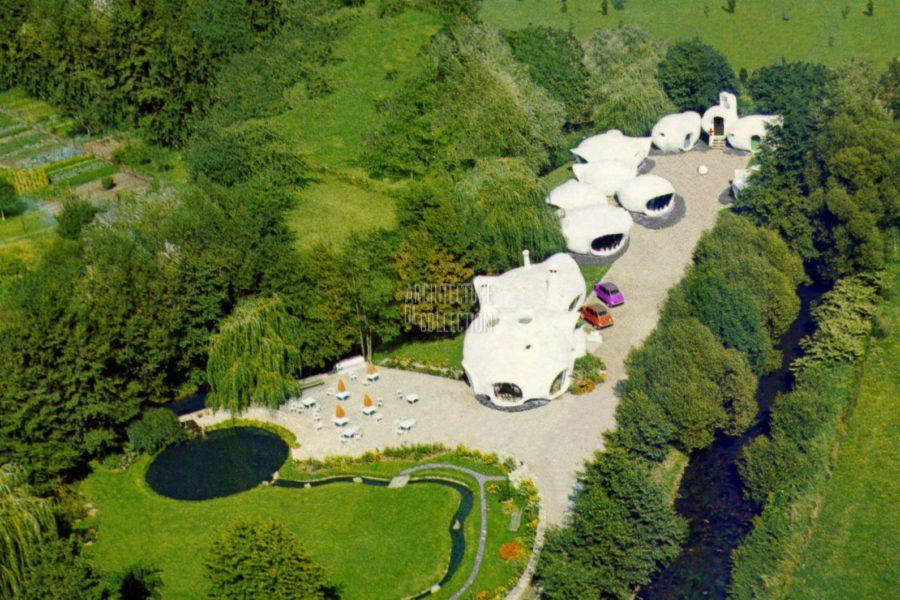 If you haven’t heard, Nicolas Sarkozy, as did most notably Francois Mitterand before him, is fantasizing already about “les grands projets” which will someday memorialize his reign. While Mitterand got his I.M. Pei Pyramid, the La Defense Arche, the Ministere de la Finance, the Opéra de la Bastille, and the Bibliothèque Nationale, Sarkozy is looking even bigger, imagining an entirely new Paris.
If you haven’t heard, Nicolas Sarkozy, as did most notably Francois Mitterand before him, is fantasizing already about “les grands projets” which will someday memorialize his reign. While Mitterand got his I.M. Pei Pyramid, the La Defense Arche, the Ministere de la Finance, the Opéra de la Bastille, and the Bibliothèque Nationale, Sarkozy is looking even bigger, imagining an entirely new Paris.
One of the first things Sarkozy did after he moved into the Elysée Palace was to convene a meeting of prominent architects and ask them to come up with a new blueprint for Paris…The results, a year later, may be the beginning of one of the boldest urban planning operations in French history. A formidable list of architects — including Richard Rogers, Jean Nouvel, Djamel Klouche and Roland Castro — put forward proposals that address a range of urban problems: from housing the poor to fixing outdated transportation systems to renewing the immigrant suburbs. Some have suggested practical solutions — new train stations and parks — while others have been more provocative, like Castro, who proposed moving the presidential palace to the outskirts.
[From The Architecture Issue – Remaking Paris for the 21st Century – NYTimes.com]
The slide show linked here is a beautiful set of images of what a country as dynamic and rich as France can do in the way of urban planning. Not since Haussmann, however, has anyone looked so broadly, at least outside of an architecture school project, for a new concept of the French capitol.
Many of the ideas, thankfully, take “green” to a new level, trading vertical space for more parks and “green belts” to provide the city with more air, produce, and outdoor space. Several of the plans even include vegetation growing up the sides and roofs of the buildings.
Slideshow Paris Is Building – The New York Times
For 50 years after World War II, Europe’s slow rebuilding was looked on as the failings of the quasi-socialist state. Without becoming overly Panglossian about the state of Europe, their “oppressively command” economies are capable of doing amazing things for all of their citizens while providing universal healthcare.






